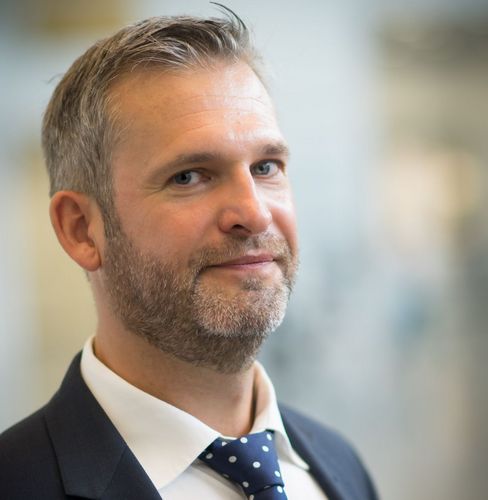Campus Europa is the name of the DAAD’s new podcast series presenting the European University alliances. The moderator Anke Stahl talks to representatives of German universities that are part of such an alliance, focusing on their contributions to global challenges as well as experiences in the network. In the latest episode (in German), the director of Leipzig University’s Language Center, Professor Olaf Bärenfänger, was a guest as chair of the Arqus Action Line “Multilingual and Multicultural University”.
“Multilingualism is a core skill that everyone needs in the globalised world. Considering universities in particular, there is no denying that language is a medium of learning, a medium of knowledge,” Professor Bärenfänger says in the podcast. The Arqus alliance also recognises this relevance, having made multilingualism one of its six priorities. Speaking different languages builds bridges (“arcus”). Herein lies the goal of Arqus. In addition to Leipzig, the Arqus European University Alliance consists of six other partner universities: Bergen, Granada, Graz, Lyon, Padova and Vilnius. They are working together on synergies in interdisciplinary topics such as diversity, multilingualism, innovative teaching, entrepreneurship and research networking.
To achieve successful cooperation in multilingualism, Professor Bärenfänger stresses the relevance of mobility, not only for students, but for all people throughout universities. He argues that mobility offers people the opportunity to gain insights into new cultures and broaden their own horizons. What’s more, knowledge of local languages is also crucial for graduates seeking to enter the labour market.
According to Professor Bärenfänger, German universities still have some way to go with regard to genuinely promoting multilingualism. And this requires resources, transparent structures and specific action. The Arqus partners are working together on these three factors and taking the action they consider necessary. Just last year, Arqus launched a language café as a virtual space for students to have a moderated conversation, letting them work on their language skills while socialising.
In the podcast, Professor Bärenfänger also provides an insight into his own personal experiences with the subject and describes current challenges facing the alliance.
More information about the Arqus European University Alliance can be found on our website and the Arqus website.
































































